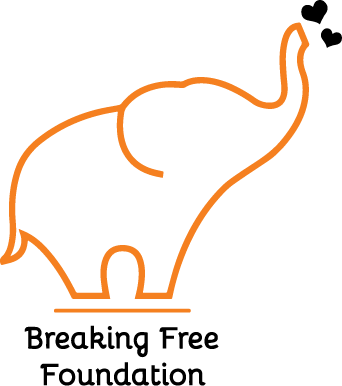Grieving suicide and finding hope in hopelessness
Every week in Canada, PTSD drives at least one first-responder to take their life. So far in 2017, 52 first-responders have committed suicide in Canada, and there were 68 last year. The numbers are real, and they never get easier to hear. This weekend I was shaken, once again, to hear of the suicide of a first-responder. Someone in Calgary. Someone I knew. Barry Dawson was a 47-year-old firefighter in Calgary, who sadly took his own life on November 11th, after a hard battle with PTSD.
I first met Barry about ten years ago, when I was working at a restaurant in Mount Pleasant in Calgary's northwest, right across the street from the fire station Barry was working at. Him and his crew would order pizza from us often, and he was always the first one to start up a friendly conversation with myself and the other staff. Over the years, I would see his updates from time to time on Facebook, always with that friendly personality injected into them.
I did not know Barry well, almost not at all. I did not know of his struggles with PTSD, but it does not come as a surprise to me that he lived in this darkness, as so many other first-responders do. I know how crippling PTSD can be, having lived with it for the better part of my life. Trauma drove me to some of the darkest places imaginable, as it does for so many. In fact, many of the people closest to me, including members of our Breaking Free Foundation family, have had their own brushes with suicide.
What makes PTSD so prevalent for first-responders however, is that while many of us have trauma thrust upon us, these courageous people bravely face trauma every single day of their lives on the job. The most terrifying of situations that we strive to protect ourselves and our families from, first-responders deal with head-on, regularly.
I am heartbroken that the loss of another great person is giving us the opportunity to have this conversation, yet again. I am even more saddened by the fact that this tragedy was buried among a news feed that is full of trauma and tragedy. In fact, it was two of my friends who brought Barry's story to my attention, after they had shared it on their social media channels. These two women are friends that I admire greatly, who are both first-responders as well. Just imagining the struggles they might be facing too, makes me wish I had the power to heal their pain.
But I don't have that power. I do however, have a voice. And I am constantly reminded in the most obscure of ways, that every time I share something about PTSD, that someone is always listening or reading. So I hope that I am reaching someone today who needs to read this.
You are not alone.
Since working with Breaking Free Foundation and co-facilitating many of our monthly meet-ups, I have met more and more first-responders who are dealing with the struggles of PTSD every day. I know I speak for all of us when I say, we are in awe of the courage that all first-responders show and grateful for the vulnerability those have shown in sharing their struggles with others. Every time you share your story, you are helping someone else. When a "me too" moment happens in front of us, we know a light is opening up for someone who was living in darkness. In saying this, I also want to acknowledge one of our board members, Zoran Zelic, a first-responder who has shown amazing vulnerability at our meet-ups and has been able to connect with others who need to feel heard.
If you feel you are suffering from the effects of PTSD or trauma, I encourage you to tell someone. Reach out for help, or connect with someone you work with. If you want to take part in a conversation about PTSD and trauma, please join us at our next meet-up, on December 13th at The Commons. These are safe places to talk, listen or connect. You can also reach us via our website or on social media if you are looking for some resources in your area.
To all first-responders, thank you for your courage. I promise to never let your stories go unheard.
Me too.

